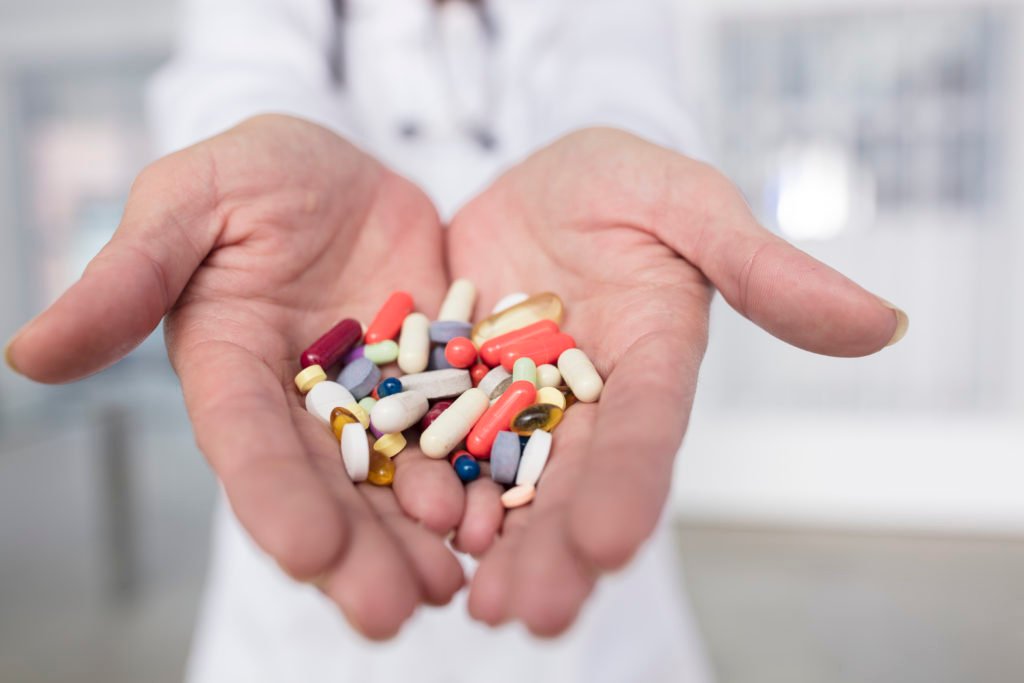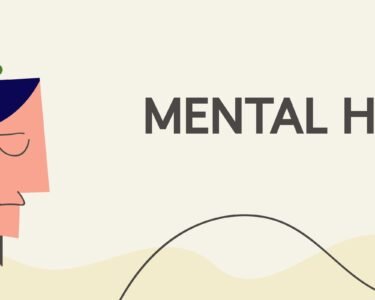Many people take vitamins, minerals or over-the-counter “heart health” pills thinking they’re safe and protective. But recent research and expert reviews show that a handful of popular supplements — especially when taken in high doses or by people with existing risk factors — may increase cardiovascular risk instead of lowering it.
One of the clearest examples is the sugar-alcohol erythritol, a zero-calorie sweetener used widely in “sugar-free” or low-carb products. A multi-part investigation including human cohorts and intervention studies found higher blood erythritol levels were associated with more major adverse cardiovascular events and that erythritol can increase platelet reactivity (making blood more likely to clot). That biology plausibly links erythritol exposure with higher risk of heart attack and stroke. These findings prompted calls for re-evaluation of erythritol’s safety.
Another surprising signal has come from niacin (vitamin B3). Long used to improve cholesterol profiles, very high niacin exposure — especially from supplements rather than food — has been associated with worse cardiovascular outcomes in some cohorts. Recent analyses flagged that excess niacin metabolites correlated with higher rates of major cardiovascular events, suggesting too much of even a once-trusted vitamin can be harmful.
More broadly, several leading academic centers and reviews caution that routine supplement use does not reliably prevent heart disease and in some cases may cause harm. Reviews from major institutions warn that supplements are a “wild west” with limited regulation, uncertain dosing, and potential interactions with medicines — all reasons clinicians do not recommend them as substitutes for proven prevention strategies.
Finally, the evidence around classic “heart” supplements like omega-3 fish oil and calcium is mixed. Large trials and reviews show small or no benefit for many people and have even found signals of harm in some settings (for example, inconsistent effects on stroke or atrial fibrillation). This is another reminder: beneficial effects seen in isolated studies or in foods don’t always translate to isolated, concentrated supplements.
How can a “healthy” pill end up hurting your heart?
There are several ways a supplement can be harmful:
- Pro-thrombotic effects: as seen with erythritol, some compounds increase platelet activation or clotting risk, directly raising the chance of heart attack or ischemic stroke.
- Toxicity at high doses: vitamins and minerals have U-shaped curves — both too little and too much can be bad. Niacin at high doses is one such example.
- Drug interactions: supplements can alter how prescription medications work (e.g., blood thinners, blood pressure meds), leading to dangerous bleeding or uncontrolled blood pressure.
- Labeling and quality problems: supplements are less tightly regulated than drugs in many countries; doses, impurities, or unlisted ingredients can cause unexpected effects.
What should you do instead?
- Talk with your clinician before starting anything. Always check supplements against your medical history and medications. Clinicians can identify risks (e.g., atrial fibrillation, bleeding risk, kidney disease) that change the harm/benefit balance.
- Prefer food over pills. Whole foods (fish, nuts, vegetables, dairy, fortified foods) deliver nutrients in balanced forms with other protective compounds — and they don’t carry the same concentrated risks as supplements.
- Avoid megadoses unless prescribed. Therapeutic high-dose prescriptions (for specific deficiencies) should be supervised by a doctor. Don’t self-dose large amounts of vitamins, minerals, or isolated phytochemicals.
- Be cautious with “gummy” or novel formulations. Flavored/processed supplements may contain sweeteners (erythritol, sugar alcohols), sodium, or other additives that have their own risks. Read ingredient lists — if you see erythritol and you’re at cardiovascular risk, mention it to your clinician.
- Focus on proven prevention: stop smoking, keep blood pressure and lipids controlled (with medications when needed), maintain healthy weight and activity, eat a fiber-rich, plant-forward diet, and follow screening guidelines (like colonoscopy when recommended). These steps have strong evidence to reduce heart attack and stroke.
Bottom line
Supplements are not inherently harmless — and in some cases they may raise the very risks people hope to lower. The best approach is skeptical and physician-guided: don’t assume “natural” or “marketed for heart health” equals safe. If you’re taking supplements, bring them to your next medical visit (including brand names and doses) and ask whether each one is necessary and safe given your heart profile. Science is still sorting out the details for many substances, but cautious, evidence-based use will protect your heart far better than over-the-counter optimism.
Do Follow Us On Instagram







